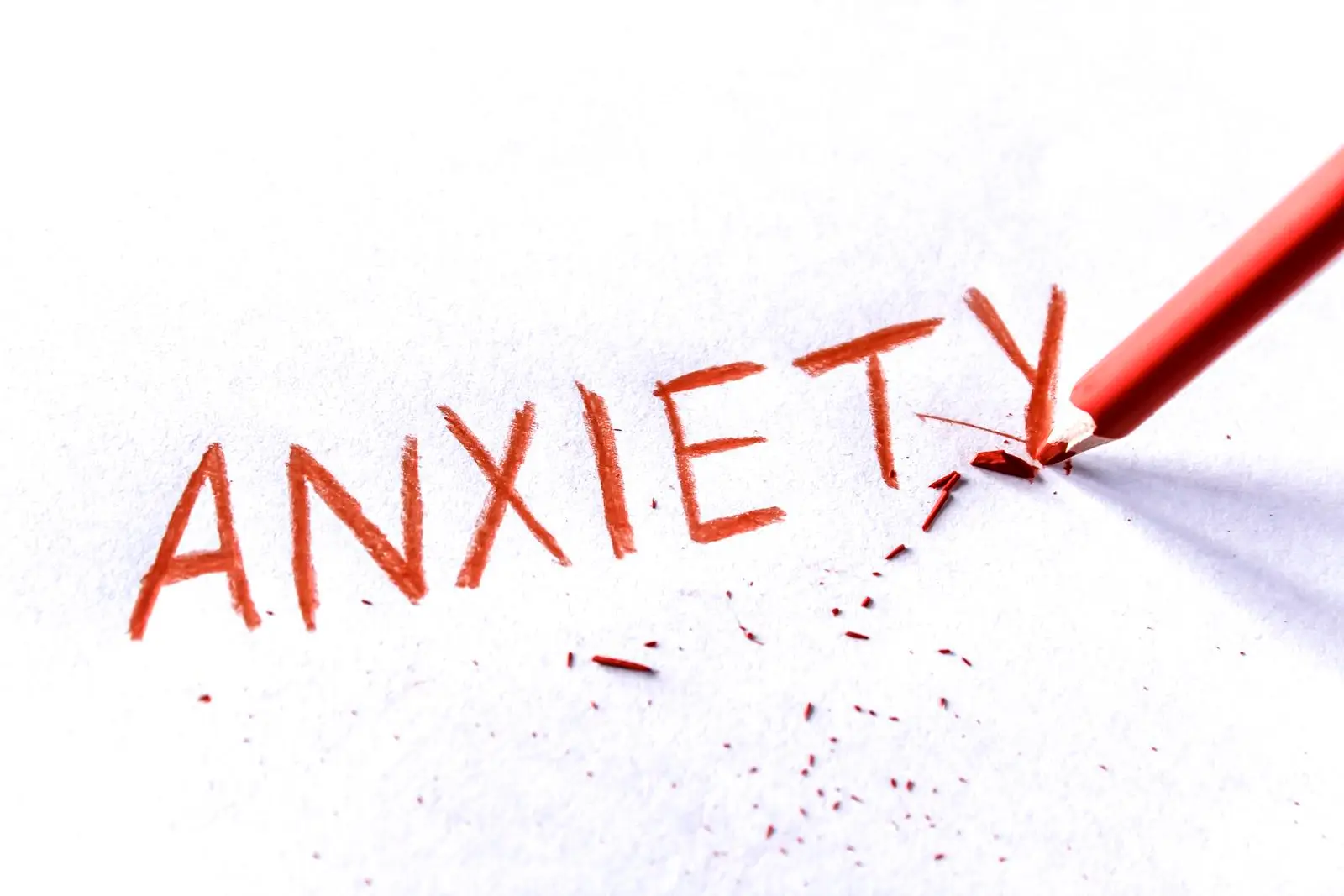I have said these things to you while I am still with you. But the Advocate, the Holy Spirit, whom the Father will send in my name, will teach you everything, and remind you of all that I have said to you. Peace I leave with you; my peace I give to you. I do not give to you as the world gives. Do not let your hearts be troubled, and do not let them be afraid.
John 14: 25-27 NRSV
This passage is part of Jesus’ Farewell Discourse on the eve of his crucifixion. He tells his disciples that he will be leaving them, not to be afraid, that he will send the Holy Spirit, to love one another and to stay connected to him, among other things. He also gives them the gift of peace.
Imagine the uncertainty and fear of the disciples after Jesus’ crucifixion when they realized that he actually left them.
The thing about being a non-anxious presence is that you will still feel anxiety. The question is how you handle it.
An anxious presence will unleash their anxiety on others. A non-anxious, non-presence will disconnect from others. A non-anxious presence is able to tolerate their anxiety, self-regulate it, AND stay emotionally connected to others.
I was reminded of this when I read one of Richard Rohr’s devotions this week. The theme for the week is fear. Here’s what he wrote in the “What Do We Do with Our Fear?”
“Our age has been called the age of anxiety, and I think that’s probably a good description for this time. We no longer know where our foundations are. When we’re not sure what is certain, when the world and our worldview keep being redefined every few months, we’re going to be anxious. We want to get rid of that anxiety as quickly as we can. I know I do. Yet, to be a good leader of anything today—a good pastor, manager, parent, or teacher—we have to be able to contain and hold patiently a certain degree of anxiety. Probably the higher the level of leadership someone has, the more anxiety they must be capable of holding. Leaders who cannot hold anxiety will never lead us anyplace new. “
Edwin Friedman would agree. He said as much in A Failure of Nerve: Leadership in the Age of the Quick Fix when he said we were living in a chronically anxious society. That was in the 1990’s. Look where we are today. Things have only gotten worse.
Pandemic, Inflation. Staffing issues. Denominational split. Nuclear war. I’m sure you can add to the list.
So what can you do as a non-anxious leader? How do you increase your ability to hold more anxiety so you can lead people to a better place?
First, self-regulate. Learning to get a handle on your physical response, as well as your primitive brain, will short-circuit your automatic responses to anxiety, which are typically not good. I emphasized this in my last blog post.
Second, self-differentiate. This means saying what you believe while giving others the freedom to disagree. It’s being “a self,” showing integrity by expressing your values in a healthy way, while allowing others to be “a self,” as well.
Third, embrace uncertainty. Acknowledging that you don’t know what’s going to happen will help you and those you lead. It’s OK to say, “I don’t know.” It’s also OK to say, “I’m concerned.” In my case, I’ll usually add, “…and I’m trusting in God to lead us through.”
Finally, give yourself a break. Self-compassion is not weakness. It will actually make you stronger and more resilient. I dig into this in Episode 168 of my podcast.
My experience is that Jesus’ gift of peace doesn’t eliminate challenge, uncertainty or even anxiety. Instead, it enables me to manage these things in a healthy way. It helps me to face the future untroubled and unafraid.
More importantly, it’s a gift. It comes through God’s grace, not through our own efforts. For me, that only works when I slow down enough to allow God’s grace to work in me and through me (and sometimes in spite of me).
This is not easy work but it’s worth doing. The world needs leaders like you.


